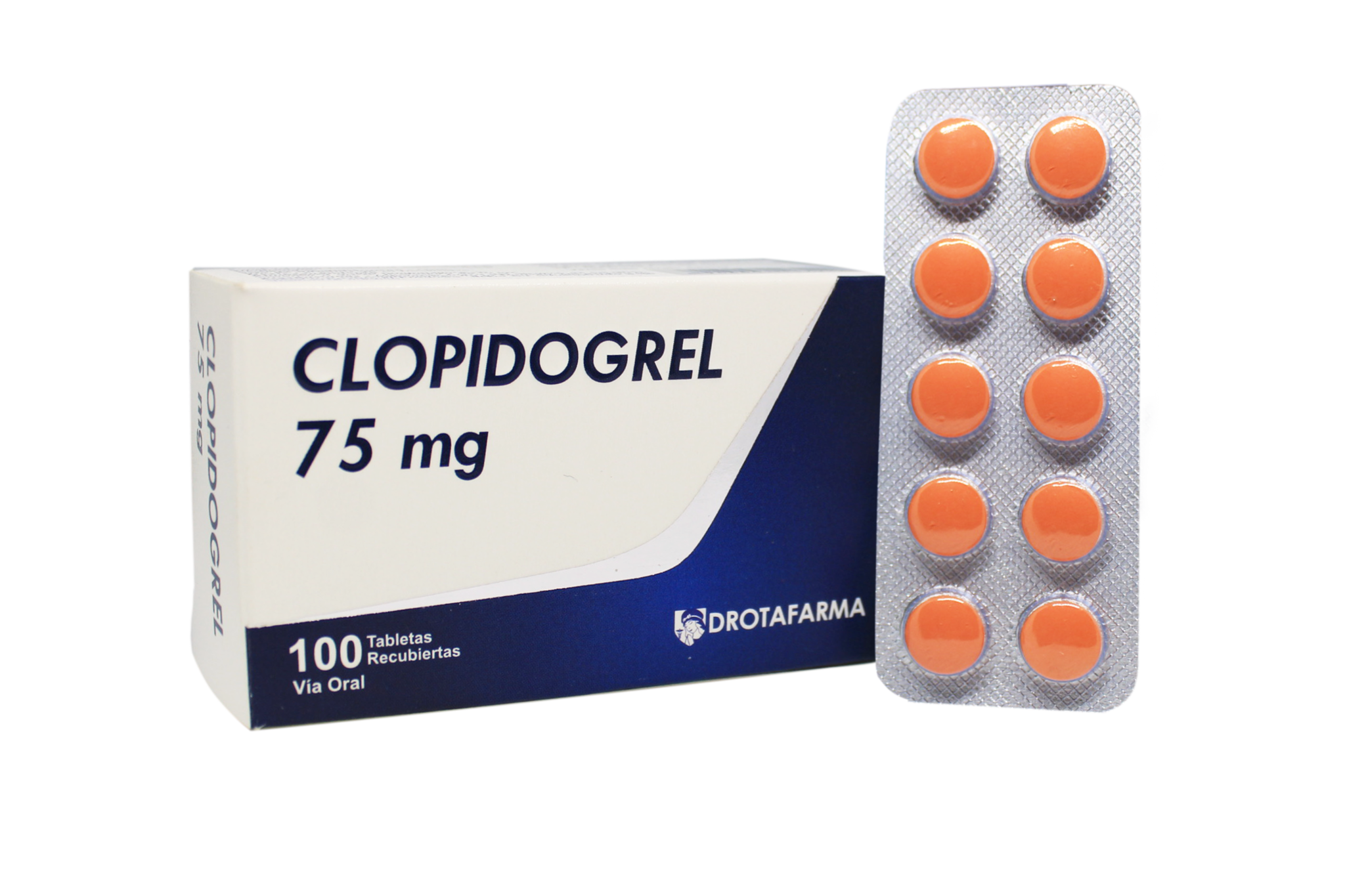Clopidogrel 75 Mg Used For

Clopidogrel, often sold under the brand name Plavix, is a medication that falls into the category of antiplatelet drugs. It works by preventing platelets in the blood from sticking together and forming clots. The standard dose of clopidogrel for adults is 75 mg once daily, and it is used for several specific medical conditions.
Primary Uses:
Prevention of Heart Attack and Stroke: Clopidogrel is prescribed to patients who have had a heart attack or stroke in the past to prevent these events from happening again. It is particularly useful for individuals who have had a myocardial infarction (heart attack) or a stroke caused by a blood clot.
Peripheral Artery Disease (PAD): PAD is a condition where the arteries that supply blood to the limbs become narrowed or clogged. Clopidogrel helps in preventing blood clots that could further reduce blood flow to the limbs.
Acute Coronary Syndrome (ACS): This term describes a range of conditions associated with sudden, reduced blood flow to the heart. One of the most common types of ACS is a heart attack (myocardial infarction). Clopidogrel, often in combination with aspirin, is used to prevent further clot formation in patients with ACS.
How It Works:
Clopidogrel belongs to a class of medications called P2Y12 inhibitors. It works by blocking the P2Y12 component of ADP receptors on the surface of platelets. ADP (adenosine diphosphate) is a substance that promotes platelet activation and aggregation. By blocking the action of ADP on platelets, clopidogrel effectively reduces the formation of blood clots.
Administration and Considerations:
Dosage: The typical dose is 75 mg once daily, with or without food. For acute coronary syndrome, a loading dose of 300 mg to 600 mg may be given initially, followed by the standard 75 mg maintenance dose.
Interactions: Clopidogrel can interact with various medications, including antacids, heparin, warfarin, and certain types of antidepressants. It’s crucial to inform your healthcare provider about all the medications you’re taking.
Side Effects: Common side effects include bleeding (such as bruising easily), stomach upset, and headache. More severe side effects can include severe bleeding (internal or external), which requires immediate medical attention.
Precautions: Patients with active bleeding, such as stomach ulcers or bleeding in the brain, should not take clopidogrel. It’s also not recommended for people allergic to clopidogrel or other ingredients in the drug.
FAQ Section:
What is the most common side effect of clopidogrel?
+The most common side effects of clopidogrel include bleeding (such as bruising easily) and stomach upset. More severe, though less common, side effects can include severe internal or external bleeding, which requires immediate medical attention.
Can I take clopidogrel if I have a stomach ulcer?
+No, patients with active bleeding, such as stomach ulcers, should not take clopidogrel due to the risk of exacerbating the bleeding. Consult your healthcare provider for alternative treatments.
Does clopidogrel interact with other medications?
+Yes, clopidogrel can interact with various medications, including antacids, heparin, warfarin, and certain types of antidepressants. Inform your healthcare provider about all the medications you're taking to avoid potential drug interactions.
How should I take clopidogrel?
+Clopidogrel should be taken once daily, with or without food, as directed by your healthcare provider. For some conditions, like acute coronary syndrome, an initial loading dose may be prescribed, followed by the standard 75 mg dose.
In conclusion, clopidogrel 75 mg is a crucial medication in preventing blood clots and reducing the risk of heart attacks and strokes in patients with specific cardiovascular conditions. It’s essential to follow the prescribed dosage and to discuss any concerns or potential interactions with your healthcare provider to maximize its benefits while minimizing its risks.



